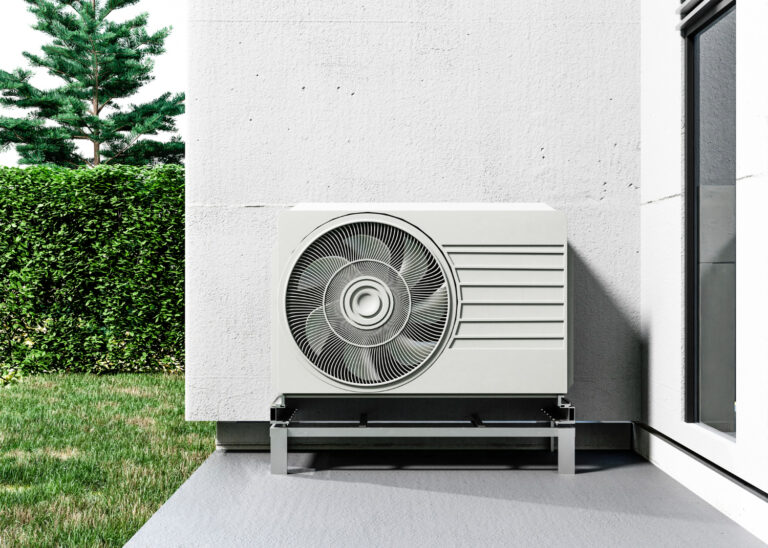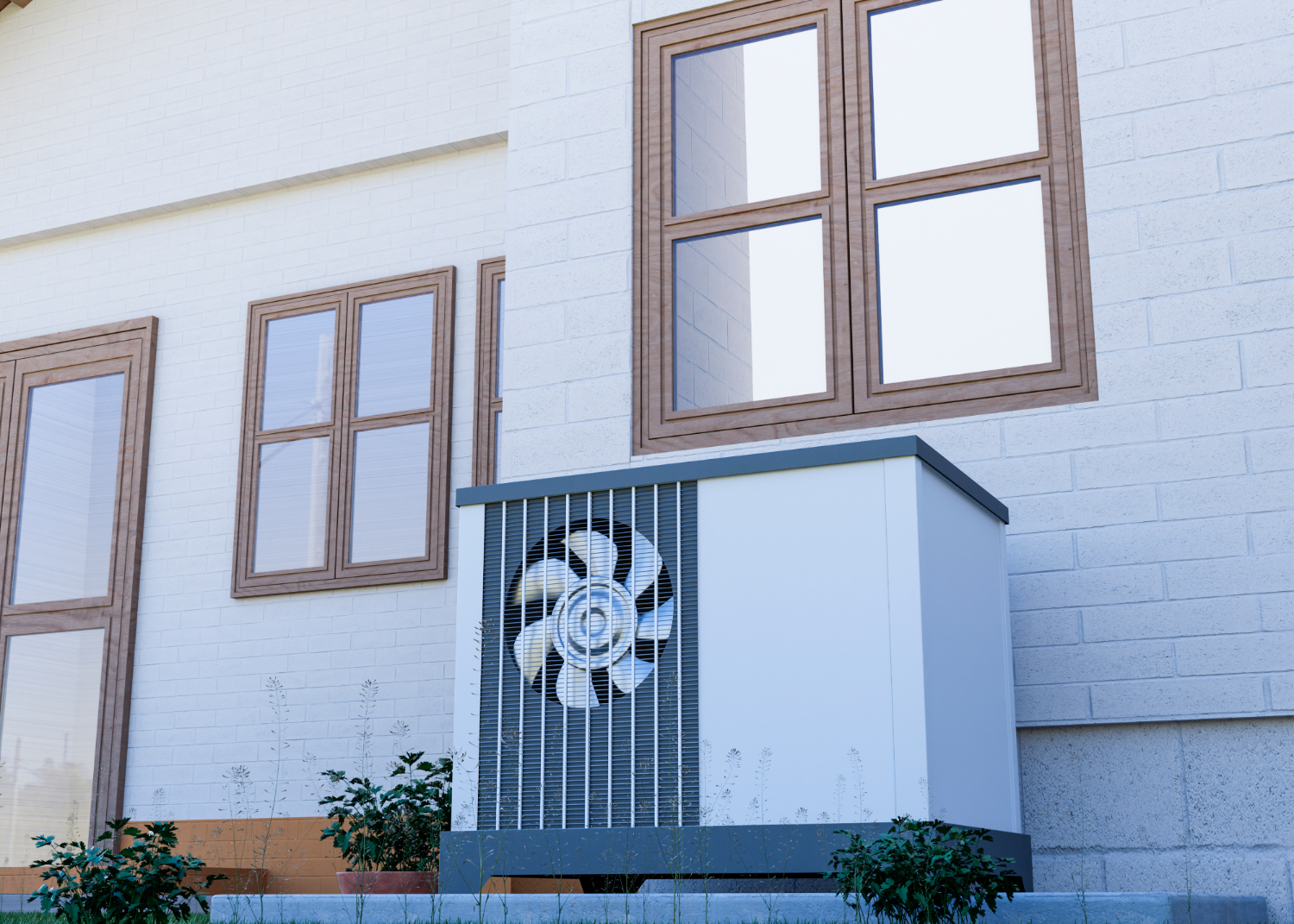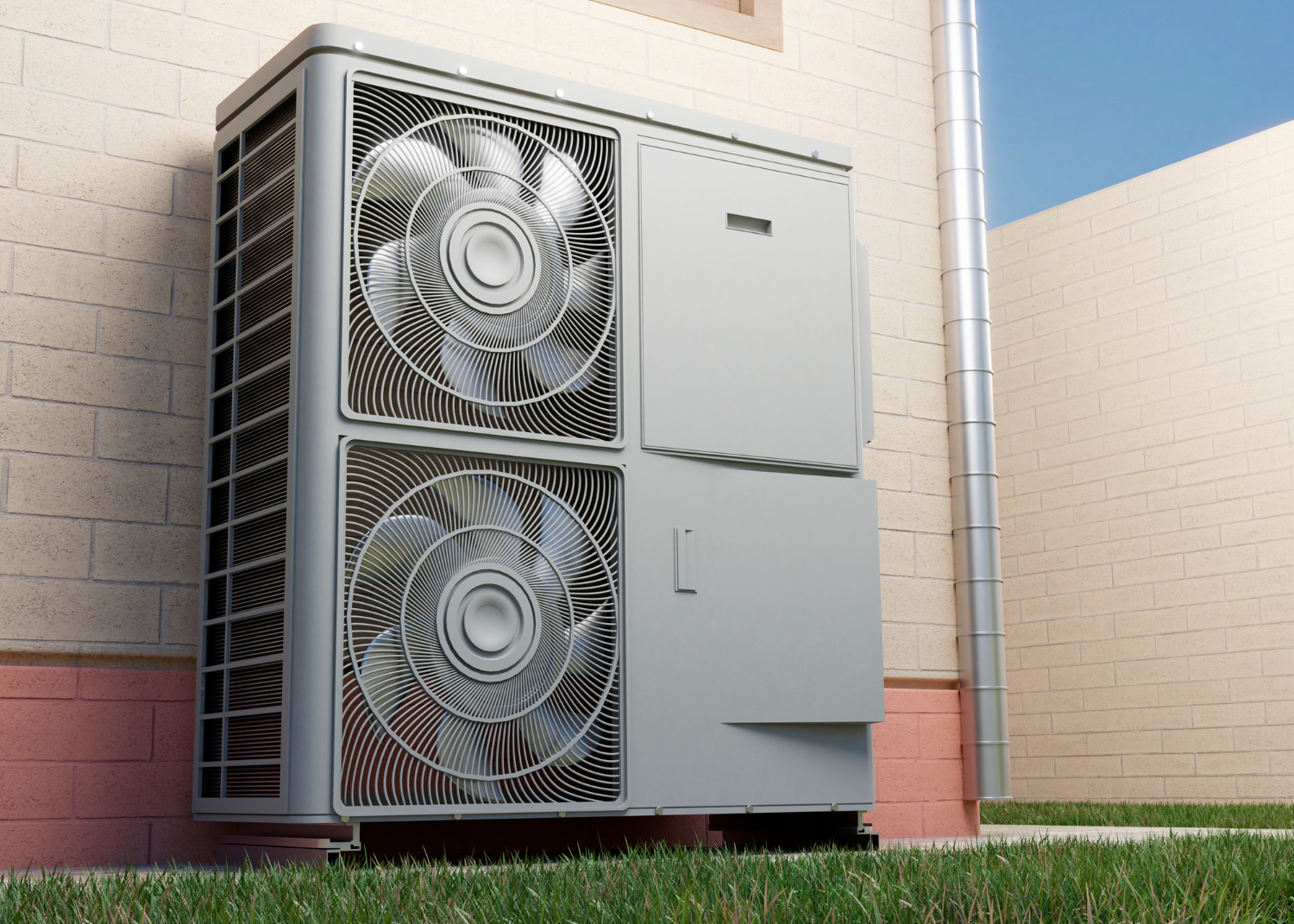Deciding when to replace your air conditioning (AC) system can be challenging. Several factors can help determine if it is time for a replacement, including the age and efficiency of your current system. Understanding these factors can help you make an informed decision that ensures your home’s comfort and energy efficiency.
Signs Your AC is Failing
Recognizing the signs that your AC system is failing can help you decide if it’s time for a replacement. There are several indicators that suggest your system may no longer be performing efficiently.
One noticeable sign is inconsistent temperatures. If certain rooms in your home are cooler than others, or if the AC is struggling to maintain a set temperature, this could indicate a malfunction. Uneven cooling often points to an aging system that can no longer handle the demand.
Another sign is increased energy bills. As AC units age, they become less efficient, causing them to consume more energy to deliver the same amount of cooling. If you notice a significant uptick in your energy bills without a corresponding increase in usage, it might be time to consider a new system.
Frequent repairs are also a red flag. If you find yourself calling for repairs more often, the cost of those fixes can quickly add up. At a certain point, it becomes more economical to invest in a new unit rather than continuing to pay for repairs.
Strange noises such as grinding, squealing, or rattling can indicate serious issues within the system. Unusual sounds are often a sign that critical components are wearing out or failing. Addressing these issues promptly can prevent further damage and potential system failure.
Comparing Repair Costs and Replacement Costs
When deciding between repairing your existing AC system and opting for a replacement, it’s important to compare the costs involved. Both options have their own set of expenses, and weighing them carefully can help you make an informed decision.
Repair costs can vary depending on the nature and extent of the damage. Minor repairs such as replacing a capacitor or fixing a refrigerant leak might be inexpensive initially. However, if your system requires frequent fixes, these small costs can quickly accumulate.
On the other hand, the initial cost of a new AC system can be substantial. However, newer systems are generally more energy-efficient, which can lead to long-term savings on your energy bills. Moreover, a new unit comes with a warranty, providing peace of mind and protection against future repair costs.
Here are some points to consider when comparing repair and replacement costs:
1. Age of the System: Older systems are more likely to need frequent repairs. If your unit is over 10-15 years old, a replacement may be more cost-effective.
2. Energy Efficiency: Newer models are often more energy-efficient, which can save you money in the long run.
3. Frequency of Repairs: Constant repairs indicate underlying issues that may not be resolved by fixes alone.
4. Long-term Investment: A new system can enhance comfort and reliability, making it a worthwhile investment.
By comparing these factors, you can determine whether it’s more beneficial to continue repairing your existing AC system or invest in a new one. This decision will impact not only your immediate costs but also your long-term comfort and energy savings.
Benefits of a New AC System
Opting for AC replacement offers numerous benefits that can enhance your home’s comfort and efficiency. One of the most significant advantages is improved energy efficiency. Newer AC models are designed to use less energy while providing superior cooling. This efficiency translates to lower energy bills, making your home more cost-effective to maintain.
Another benefit is increased reliability. New AC systems generally come with warranties, reducing the likelihood of unexpected repair costs. You can enjoy peace of mind knowing your system is covered and less prone to breakdowns, ensuring consistent comfort.
Improved indoor air quality is another advantage. Modern AC units come with advanced filtration systems that remove dust, pollen, and other airborne contaminants. This feature is particularly beneficial for those with allergies or respiratory issues, providing a healthier indoor environment.
Additionally, new AC systems offer advanced technology features. Many modern units are equipped with smart thermostats, allowing you to control the temperature remotely through your smartphone. This feature helps optimize your cooling needs and can result in further energy savings.
Choosing the Right AC System for Your Home
Selecting the right AC system for your home involves several factors to ensure you choose a unit that meets your specific needs. First, consider the size of your home. An AC unit that is too small will struggle to cool your space, while an oversized unit will cycle on and off too frequently, leading to inefficiency.
Energy efficiency ratings should also guide your choice. Look for units with high Seasonal Energy Efficiency Ratio (SEER) ratings. Higher SEER ratings mean the unit is more energy-efficient, which can result in long-term savings on your energy bills.
Another consideration is the type of AC system suitable for your home. Options include central air conditioning, ductless mini-split systems, and window units. Each type has its own benefits and is ideal for specific setups and requirements. Consulting with our professionals can help you determine which type is best for your lifestyle and home layout.
Smart features and technology can also influence your decision. Many new AC units come with smart thermostats and programmable settings, allowing for greater control over your home’s climate. These features can enhance comfort and provide additional energy savings.
Conclusion
Deciding when to replace your AC system is important for maintaining a comfortable and efficient home. Recognizing signs of a failing system, comparing repair and replacement costs, and understanding the benefits of a new unit are crucial steps in this decision-making process. By considering these factors, you can make an informed choice that ensures long-term comfort and cost savings.
Consulting with our professionals can provide valuable insights and help you select the right AC system for your home. Replacing an outdated AC system not only improves energy efficiency but also enhances reliability and indoor air quality. Making this investment can lead to a more comfortable and healthier living environment.
For expert guidance and AC replacement services in Norwalk, contact us at Power Pro Plumbing Heating & Air. Our experienced team is here to help you choose the best system for your needs and ensure a smooth installation process. Reach out to us today for reliable and professional service.










